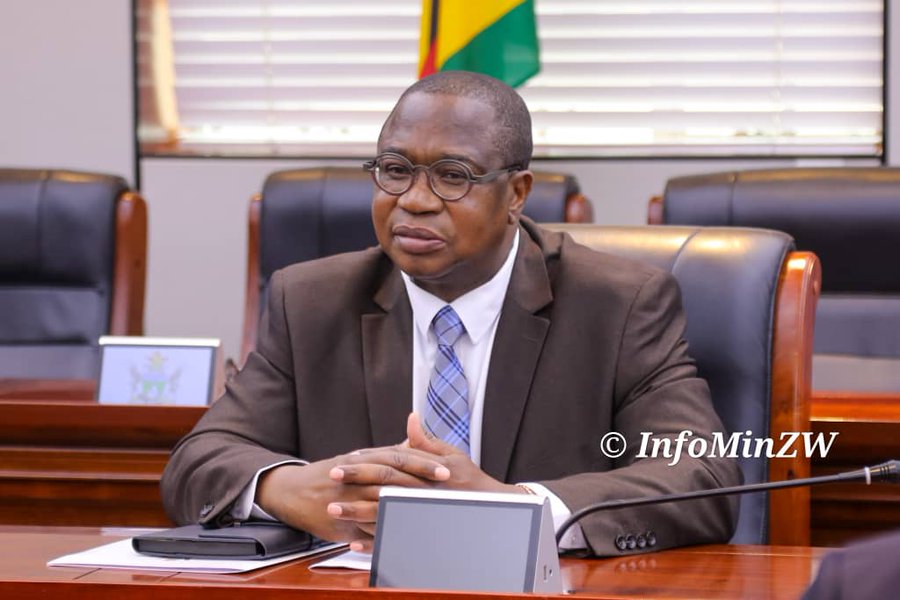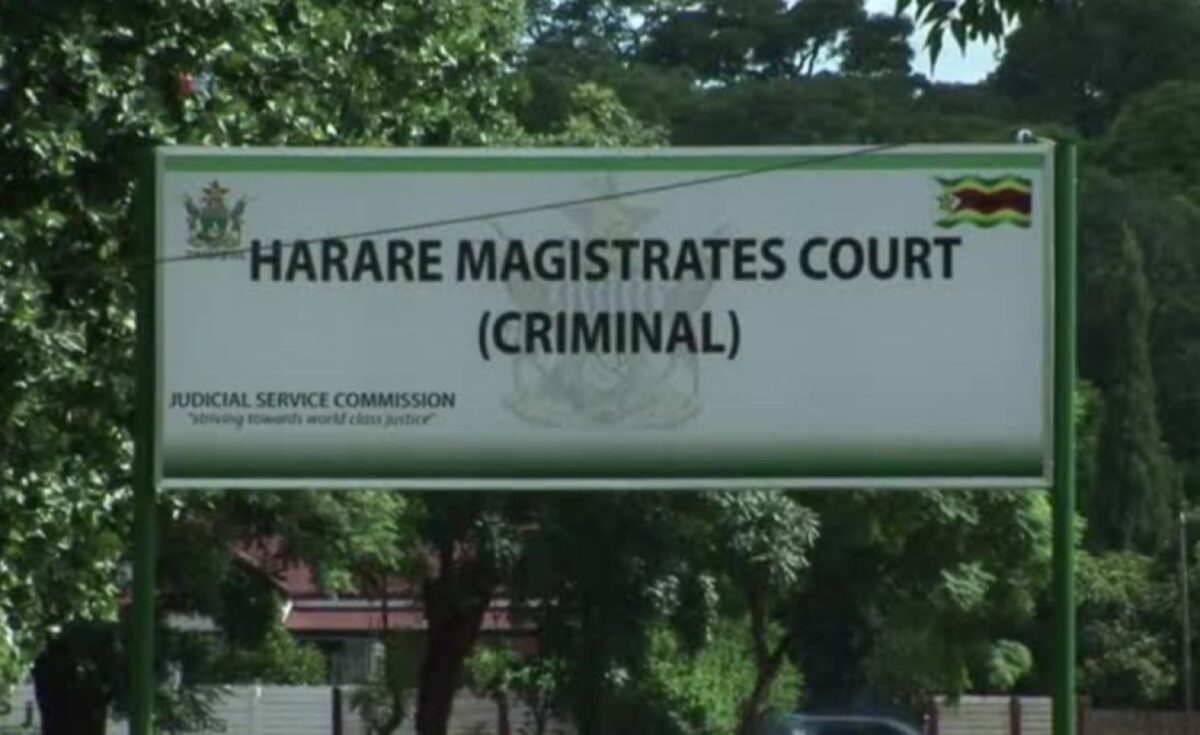HARARE – The impending hike in E-passport application fees has triggered a surge in demand for the much sought after document with government Tuesday forced to extend working hours for civil registry staff to try and contain the situation.
In his 2024 budget statement last month, Finance Minister Mthuli Ncube announced application fees shall, with effect from January 1, 2024, increase from the current US$120 to US$200 for an ordinary passport issued in a space of seven days while new fees for an emergency passport issued in 48 hours have been pegged at US$300, up from US$220.
Since the new fees were announced, long snaking queues have been witnessed at Civil Registry offices countrywide as throngs rush to beat the date set for the new fees to take effect.
The scramble for passports has prompted a government extension of the number of working hours for civil registry staff manning the passport section.
In a statement Tuesday, the Civil Registry Department also attributed the surge in the demand for passports to the festive period.
“The Civil Registry Department wishes to advise its valuable clients that it has extended its working hours in the passport section with immediate effect,” the department said.
“The passport offices will be open Monday to Friday, 7AM-7PM during weekdays and from 8AM to 3PM on Saturdays.
“This is in response to an increase in the number of clients visiting the passport offices.
“The festive season is the busiest period for the department.
“With industry and schools closed, and returning citizens from the diaspora taking advantage of their visit to have their documents processed, the department witnesses an influx of clients visiting its passport offices.”
Civil Registry also admitted the spike in passport application has been triggered by the pending increase in fees.
“Moreover, the recent announcement by the government in relation to the proposed increase of passport fees with effect from 1 January 2024 has also contributed to clients rushing to apply for passports before the deadline,” the department said.
A passport remains a highly sought after document in Zimbabwe as hard-pressed locals continue leaving the country in their thousands to seek employment opportunities outside.
A great many also use the document to travel abroad to acquire goods for resale back home.
Passport application has turned a cash cow for government which is struggling to pay wages for the public workforce and to finance capital projects.
















